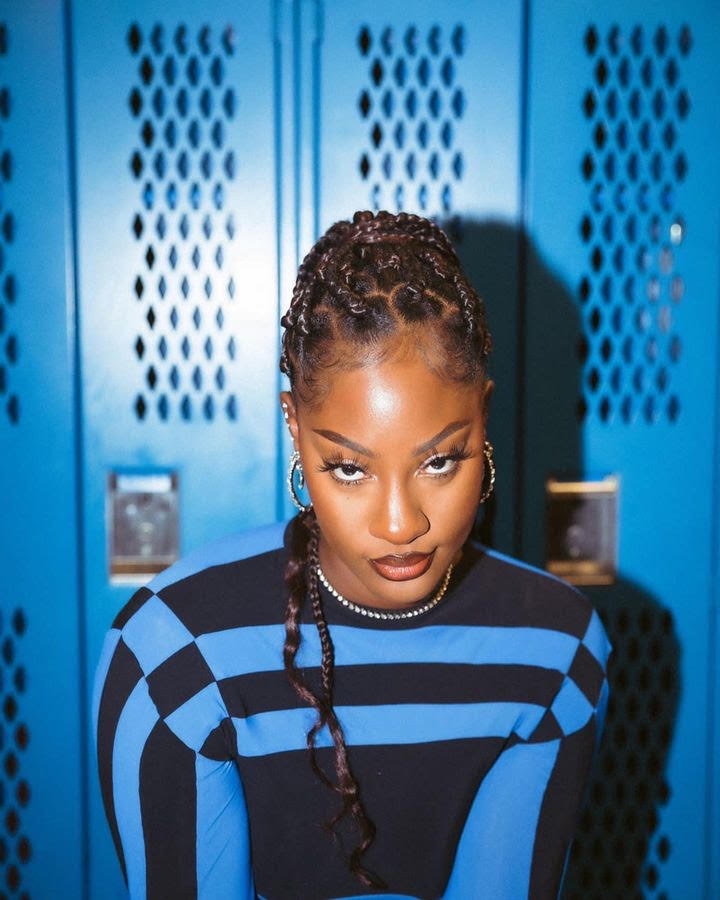Vocaloid producer jon-YAKITORY is well known for the songs he has contributed to Ado, ATARASHII GAKKO! and other artists. “Konton Boogie,” which he released in August 2023, became a hit song in 2024. Not only has it been popular on Niconico, but it has also appeared on Billboard Japan’s Niconico VOCALOID SONGS TOP 20 and Heatseekers Songs charts. It has even reached overseas audiences, and shows no signs of stopping. jon-YAKITORY has been writing songs across a wide range of genres for his entire career, which spans more than a decade. What was behind his creation of “Konton Boogie,” and how does he feel about it reaching hit status? Billboard JAPAN delved into his convictions and beliefs as a creator.
You released “Konton Boogie” last August, and its play numbers have been steadily climbing ever since. It reached hit status this year. How do you feel about this?
Personally, I don’t feel very different than I did before, but long-time listeners have been happy to see the song’s success, and I’ve seen people surprised that “The guy that wrote ‘Konton Boogie’ is the same one that wrote ‘Shikabanese’!” or “Oh, that’s the person who wrote ‘Rasen’!” It’s wonderful to see I’ve become a source of joy for many people.
According to audio commentary you uploaded to YouTube, you started writing “Konton Boogie” with the intention of making a funny, high energy song like “Unwelcome School,” an incidental tune used in Blue Archive. What led you in that direction?
I write music in all kinds of genres, and a lot of times what gets me writing a song is music I’ve recently heard, a movie I’ve just watched, or a manga I’m in the middle of reading. I happened to be listening to a song like “Unwelcome School” and I thought “There aren’t a lot of songs nowadays that are like this kind of music, which was so popular in the 2000s.” I thought it would be nice to write a song that just got you amped up, like the kind of music I heard a lot when I was a kid, and what I created was “Konton Boogie.”
You love all kinds of genres, and you’re knowledgeable about all kinds of creative expression, not just music. I feel like that combines to provide a wide range of input for your music. I’ve heard you got interested in music because of RIP SLYME?
When I was in junior high school, I saw DJ FUMIYA scratching on TV, and I used up my saved-up allowance and New Year’s money to buy a turntable. I started listening to different kinds of hip-hop, but the ones that really made a lasting impression were unique, fun groups like RIP SLYME or Scha Dara Parr. Then, in technical school, I got into bands like RADWIMPS, ASIAN KUNG-FU GENERATION, and BUMP OF CHICKEN through music club, and I was exposed to Vocaloid through Niconico. These roots may have contributed to my genre-spanning music composition style.
It feels like you approached “Konton Boogie” in a different way than your previous work.
I want to make what I’m interested in. When I was in my teens, I was really excited about jimmythumbP. I was like “I wonder what kind of song he’s going to make next?” and “Wow, he makes music like this, too?! What a great song!” Looking back, when I was in elementary school, I really got into magic tricks, so I guess at heart that’s always been an aspect of my personality. So now, I thought if I made a super-uplifting, 2000s-style song, it would make people laugh. I also knew I had to put in an air horn. That decision was influenced by a TV show.
A TV show?
It’s a Netflix sitcom called Unbreakable Kimmy Schmidt. There’s a scene in which the head of a cult, which has held the main character captive for 15 years, plays an air horn at a wedding. It’s so ridiculous you can’t help but laugh (laughs). That scene opened my eyes to how well air horns and comedy went together.
So you put in air horns as a bit of a joke?
It’s the same reason I put “Get Down” in the lyrics. It can mean “let’s dance,” but it can also mean “let’s get down lower,” so basically “let’s get stupid.” Also, back in the 2000s, there was a ‘geddan’ meme on Nico Nico Douga. It was net slang, like the ‘What’s that? Is it tasty?’ meme or the famous ‘Pure-hearted? Proper? Turtle’s on the scene’ line from Bobobo-bo Bo-bobo‘s “Turtle Rap,” so I was calling back to that, too. I think thing that influenced my approach, drawing from all kinds of different sources, is the way PUNPEE references American comedies and cartoons in his lyrics.
Looking at the internet response, it seems like a lot of people are interpreting the song as saying “we live in a chaotic (‘konton’) world, but let’s bravely dive in, always staying true to ourselves.”
I think once a creative work—not just a piece of music, but also a movie or an anime—is released, then the director’s or writer’s interpretation is no longer the only “correct” interpretation. I had just intended to write a playful, goofy song, so I think it’s fascinating to see it being taken as having that kind of message, and it makes me really happy. However, as a creator, I don’t want to hurt people. I won’t stand for interpretations that do that. Konton Boogie is a stupid song, but it’s not a song that’s calling people stupid. I don’t want to reject or scorn anyone through my music.
With “Konton Boogie” attracting so much attention, I think that now when people hear “jon-YAKITORY” they’re immediately going to think of “Konton Boogie.” How does that make you feel?
I have no problem with that whatsoever. In the past, if you wrote a song and it generated a lot of buzz, people would demand that you write more music with that same sound, but now, with hit songs, I don’t think a lot of importance is assigned to who wrote the lyrics or the music, or who did the vocals, or when it was released. I don’t think there would be any particular problem if the music I release in the future doesn’t sound anything like “Konton Boogie.” But while this change is freeing, the question of whether or not you’ll have the same listener numbers for the next song is something you’ll only find out when the time comes. You can’t turn back the clock, so I think what’s important is what kind of actions you take when you release new music.
“Konton Boogie” is packed with your ideals from back when you were in your teens, deeply absorbed in the Niconico scene. I think music might be the key to dealing with the different things you were feeling at the time.
When I was a teen, I was a gloomy kid, focused on saving money (laughs). When other people with the same psychological complexes turn those complexes into entertainment, it’s really encouraging. I think everyone wants there to be people like that. Ironically enough, the complexes I built up so much when I was in my teens are now the tools that I use. Now, I just keep creating the music that I like.
“Konton Boogie” has performed well on the “Global Japan Songs Excl. Japan” chart, which ranks Japanese music outside of Japan. It’s enjoyed particularly steady support from Korea.
K-pop has a lot of stylish, high quality songs, and it tends to feature just flawlessly cool people climbing their way to the top. Japan is also being influenced by this, which has resulted in this vibe where people don’t just want cool entertainment, but also comedic entertainment. They want a change of pace. I think that’s what’s behind the popularity of “Konton Boogie” and Yoshida Yasei’s “Override.”
Now that you mention it, there do seem to have been a lot of comedic Vocaloid hits in the past six months or so.
Sasuke Haraguchi’s “HITO Mania,” has really cool music and deep lyrics, but the sounds used in the song and the way the lyrics are used are funny, and the song is a pleasant listen. It came out in the second half of 2023, but I think there’s a trend of people being more receptive to songs with those kinds of amusing elements.
Do you have any plans for what you’re going to do as an artist in the future?
I try not to think about things like that. I’ve never had any success even planning what I’d be doing three years into the future, let alone five…(laughs). It seems to me that instead of thinking about an unknowable future, it’s more important to just do your best at what you want to do in the here and now, and to think deeply about it. There’s no point in trying to do everything indiscriminately. Instead, I want to really focus my attention on each thing I do, reflecting on what I’ve done so far, and to use approaches that produce interesting results.
That said, “Konton Boogie” is resonating with listeners around the world. A global approach would seem like one effective way to move forward.
Actually, on the contrary, that’s something I’d rather avoid (laughs). The number of people enjoying my music in other countries is rising, and I’m very grateful for that. Because of this, I’ve been getting more and more comments asking me to add subtitles in this language or that. But we live in an age where you can easily translate things with your smartphone, and when you’re like “What does this mean??” and you look it up yourself, that’ll often end up benefitting you down the road. I translated Sum 41 and Green Day lyrics myself, dictionary in hand, and the effort I put in made the whole thing even more interesting and fun. I don’t want people to lose that feeling of discovering things on their own.
–This interview by Sayako Oki first appeared on Billboard Japan



